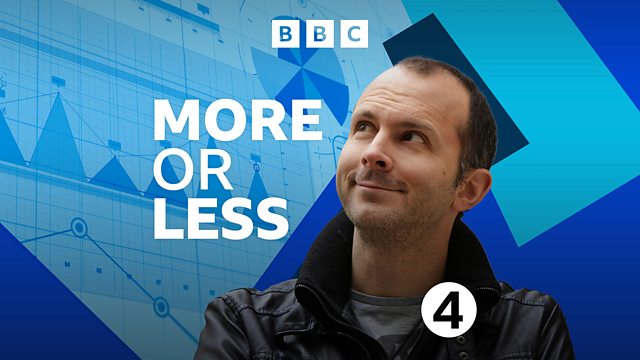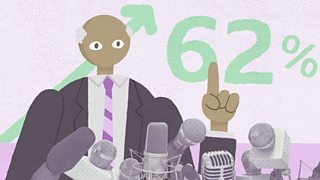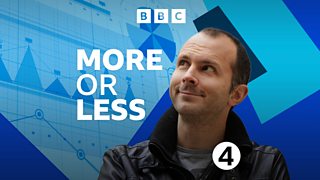
Treating Patients on 'Gut Instinct' - Child's play
Andrew Dilnot investigates whether it is better for a doctor to act on a hunch or rely on statistics? Plus, we ask whether economic models really work.
Treating Patients on 'Gut Instinct'
On More or Less this week, there was a story of a doctor with a hunch.
Against all the probabilities, the doctor could not help a suspicion that his young patient had a deadly disease, which needed urgent and drastic treatment.
The disease he feared was the flesh-eating bug, necrotizing fasciitis. But that is rare and highly unlikely.
All the statistical probabilities would have indicated that the doctors should watch and wait. The doctor's gut instinct, as he put it, was to go.
In More or Less, presenter Andrew Dilnot asked if difficult decisions should allow gut instinct.
For the fact is, that doctors who go against the odds are usually wrong. So how far can numbers help us take decisions?
Child's play
We also looked at economic models.
They sound like something out of the children's TV show Trumpton. What are they really, and do they work?
Plus the statistical science that is now volcanology, where measuring everything that moves and looking for correlations is how we now go about predicting volcanic activity. And one of the most curious correlations turns out to be with rain.
Last on
Broadcast
- Mon 11 Jun 2007 16:3091热爆 Radio 4 FM
Just how reliable is our intuition? Find out with The Open University
OU Connect: Put your brain to the test with our new mind-bending probability problems!


